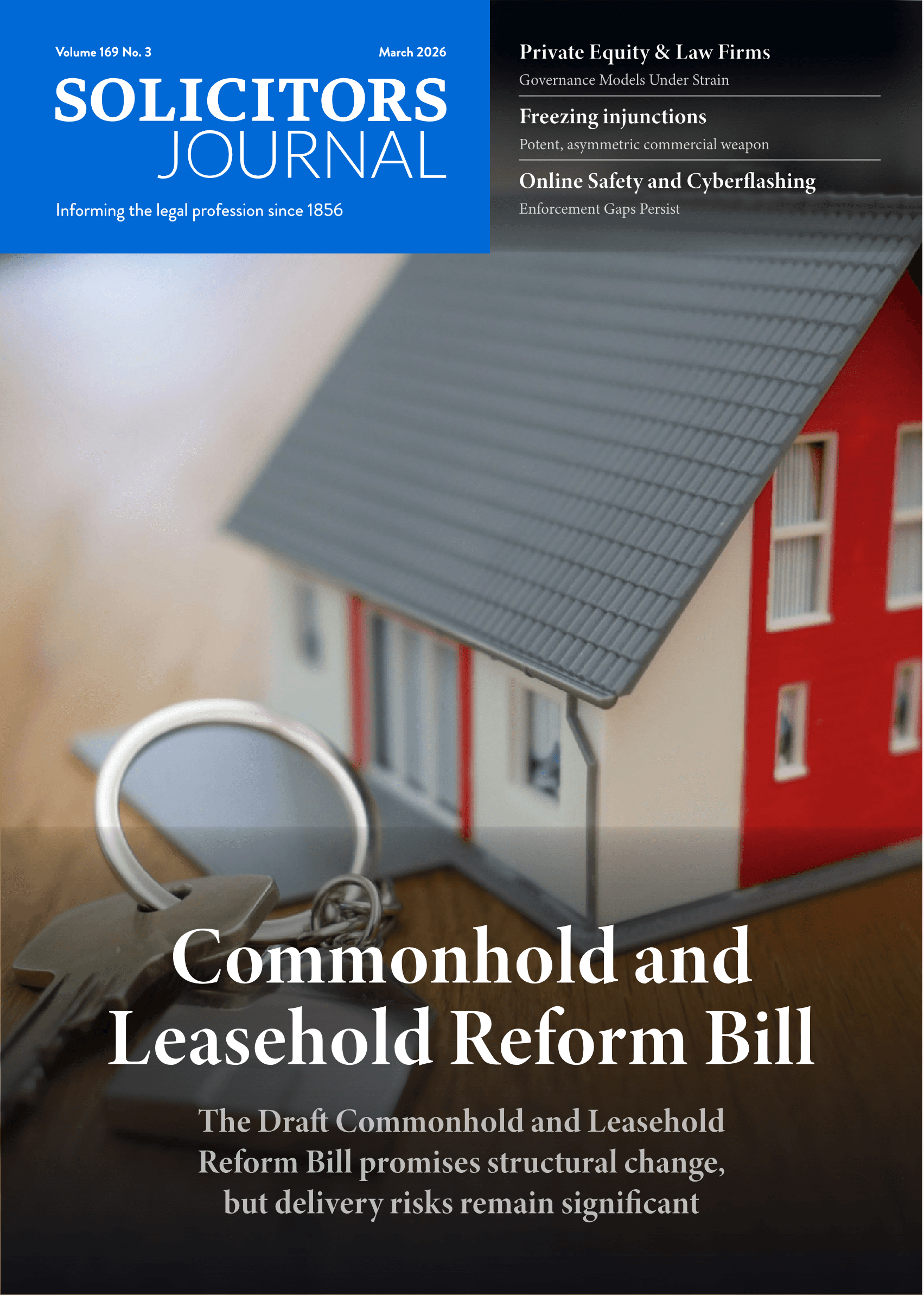High Court ruling highlights costs budgeting

The High Court's ruling in Stephen Herbert Hunt v Oceania Capital Reserves underscores crucial costs budgeting compliance issues
On 10 April 2025, the High Court of Justice delivered a pivotal judgment in the case of Stephen Herbert Hunt v Oceania Capital Reserves Limited & Ors. The ruling addressed an application for relief from sanctions regarding costs budgeting after a hearing on 21 March presided over by Master Brightwell. This case accentuates the critical importance of adhering to procedural rules in litigation as it arose from allegations by the claimant, Stephen Herbert Hunt, who claimed he had been defrauded of £1,050,000 through an Investment Agreement with Oceania Capital Reserves Limited. He alleged significant breaches of trust from both the legal representatives, IPS Law LLP, and Mr Christopher William Farnell, who were named as defendants. Hunt's complaint suggested that IPS Law and Farnell mishandled funds from their client account for personal gain, breaching trust and violating the Financial Services and Markets Act 2000.
The hearing primarily focused on the deficiencies in the defendants’ costs budget submission as required by the Civil Procedure Rules (CPR). Specifically, the second and third defendants sought relief under CPR rule 3.9(1), having failed to file a compliant costs budget as mandated by rule 3.13(1). This non-compliance meant they would be treated as if they had only submitted a budget for court fees.
In his ruling, the court emphasised the necessity of submitting a competent costs budget ahead of significant proceedings, which serves to promote transparency and fairness in litigation. Master Brightwell noted that the late submission of the costs budget was not trivial; in fact, it contained substantial discrepancies that warranted scrutiny. He remarked that the defendants’ budget bore "striking similarities" to Hunt's own budget figures, raising serious questions about potential improprieties such as tampering or a failure to independently assess their own costs.
The evidence suggested that IPS Law’s budget submission was riddled with inconsistencies, indicating that the figures presented did not accurately reflect any genuine assessment of incurred costs. These discrepancies pointed towards a systemic issue regarding the preparation and verification of their budget documents rather than simple administrative errors.
Mr Farnell, who represented himself in the proceedings and stood for IPS Law, attempted to excuse the apparent failures by citing technical difficulties and a malfunctioning laptop. However, the court found these justifications lacking, particularly as they did not address the pivotal concern regarding the inappropriate copying of figures from Hunt's budget without accurate attribution or assertions of credibility pertaining to the costs presented.
Master Brightwell ultimately denied the application for relief, stating that granting it would undermine the very integrity of the justice system. This ruling is a stark reminder for legal practitioners on the necessity of thorough diligence in costs budgeting, as well as the repercussions of deviating from established procedural frameworks.
The dismissal of the application strongly emphasises that compliance with CPR is foundational to justice administration rather than merely advisory. Moreover, it reinforces the principle that courts must maintain high standards for transparency and integrity in the litigation process. This verdict ensures that all parties adhere to legal boundaries, thus protecting the rights and interests of claimants involved in significant financial disputes.
This judgment not only resolves the immediate case but also serves as a clarion call for legal practitioners regarding the systematic handling of costs budgets, underscoring the procedural rigour required in court submissions.
